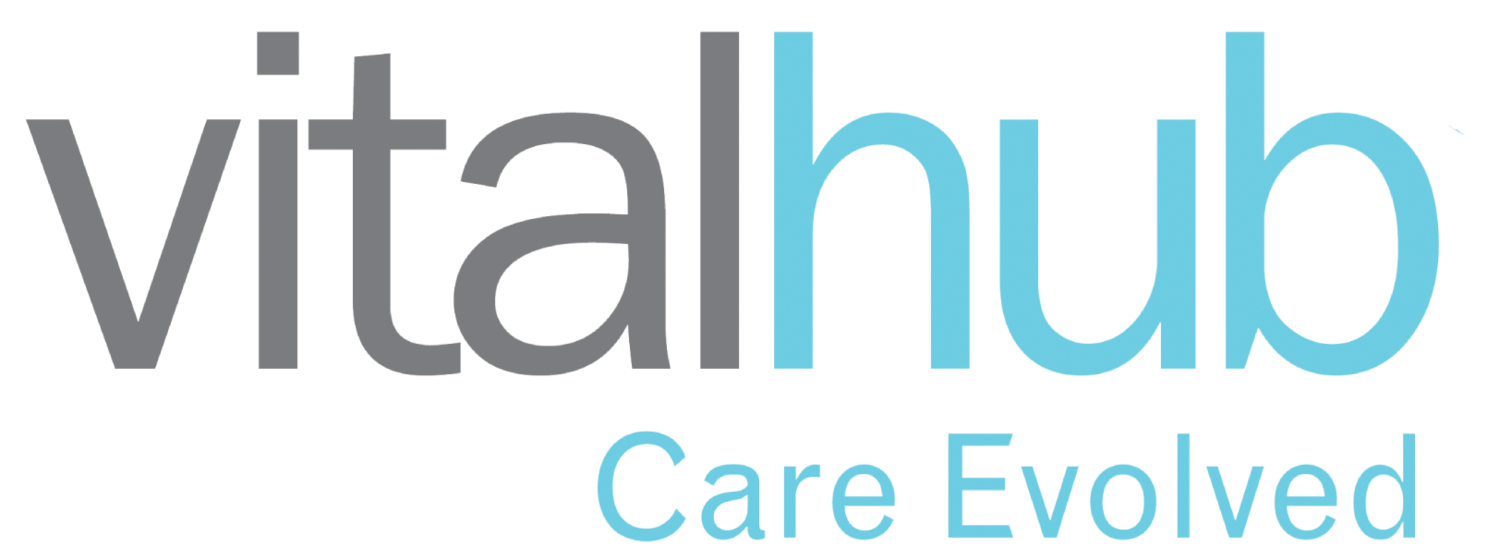Cyber Essentials Certification (VitalHub UK)
What is the Cyber Essentials Certification?
Cyber Essentials is a UK government-backed cybersecurity certification scheme designed to help organizations implement essential security measures to protect against common cyber threats. It provides a baseline set of controls and best practices that organizations can implement to enhance their cybersecurity posture and reduce the risk of cyber attacks.
At VitalHub, cybersecurity is paramount, and our compliance with the Cyber Essentials framework underscores our unwavering commitment to data protection. By aligning with Cyber Essentials' rigorous standards, we fortify our solutions against cyber threats, ensuring that our clients' sensitive information remains secure and safeguarded. With VitalHub, healthcare organizations can trust in a partner that prioritizes cybersecurity, empowering them to navigate the complexities of digital healthcare with confidence and peace of mind.
Benefits for Health and Human Services Providers
For Health and Human Services Providers, Cyber Essentials certification offers specific benefits:
Protection of Sensitive Data: Health and Human Services Providers handle a wealth of sensitive information, including patient health records, financial data, and personally identifiable information. Cyber Essentials certification helps protect this data from cyber threats, ensuring its confidentiality, integrity, and availability.
Compliance with Healthcare Regulations: Health and Human Services Providers must comply with stringent regulations such as HIPAA (Health Insurance Portability and Accountability Act) and GDPR (General Data Protection Regulation). Cyber Essentials certification helps organizations meet these regulatory requirements and demonstrate compliance with industry standards for cybersecurity.
Trust and Confidence: Cyber Essentials certification enhances trust and confidence among patients, clients, and stakeholders in the Health and Human Services sector. It demonstrates the organization's commitment to protecting sensitive information and providing high-quality services in a secure and reliable manner.
Reduced Risk of Data Breaches: By implementing the cybersecurity controls specified in the Cyber Essentials scheme, Health and Human Services Providers can reduce the risk of data breaches and other security incidents. This helps protect patient confidentiality, prevent financial loss, and avoid reputational damage associated with security breaches.
Criteria for Certification
To become Cyber Essentials certified, organizations must demonstrate compliance with five key cybersecurity controls:
Secure Configuration: Ensuring that devices and software are configured securely to reduce vulnerabilities and mitigate the risk of exploitation by cyber attackers.
Boundary Firewalls and Internet Gateways: Implementing firewalls and gateways to protect networks from unauthorized access and prevent malicious traffic from entering the network.
User Access Control: Restricting access to sensitive information and systems based on user roles and implementing strong authentication measures to prevent unauthorized access.
Security Update Management: Regularly applying security patches and updates to software and systems to address known vulnerabilities and minimize the risk of exploitation.
Malware Protection: Implementing anti-malware software and controls to detect, prevent, and remove malicious software from systems and devices.
The Cyber Essentials certification offers a valuable framework for organizations, including Health and Human Services Providers, to enhance their cybersecurity defenses, demonstrate their commitment to security, and gain a competitive advantage in the marketplace. By achieving Cyber Essentials certification, organizations can protect sensitive information, comply with regulatory requirements, build trust with clients, and reduce the risk of cyber threats and data breaches, ultimately contributing to the safety, security, and well-being of patients and clients in the Health and Human Services sector.

